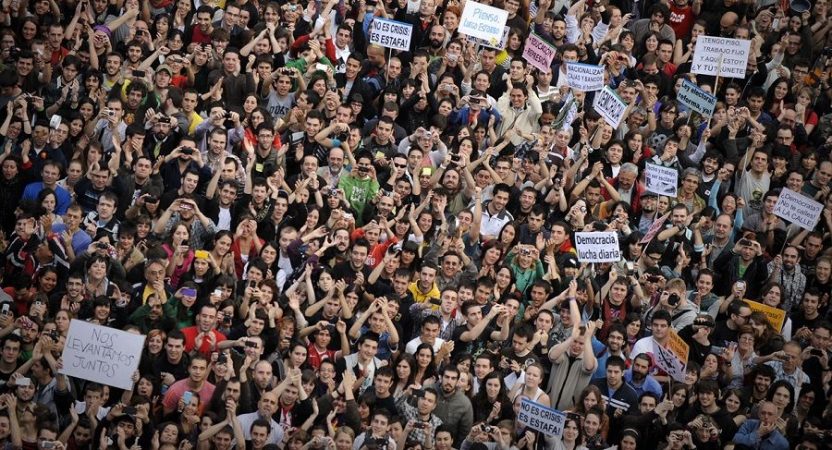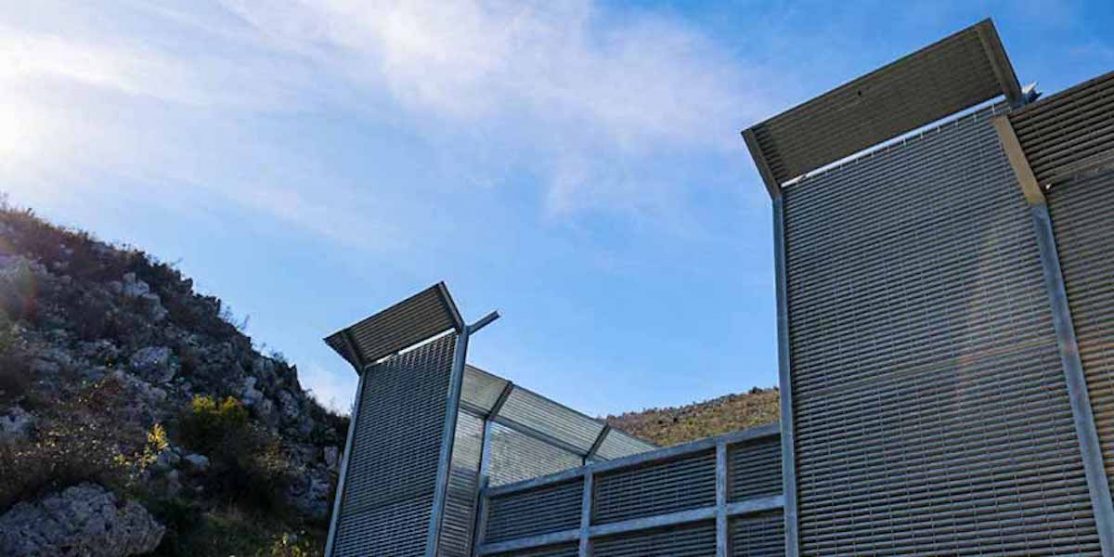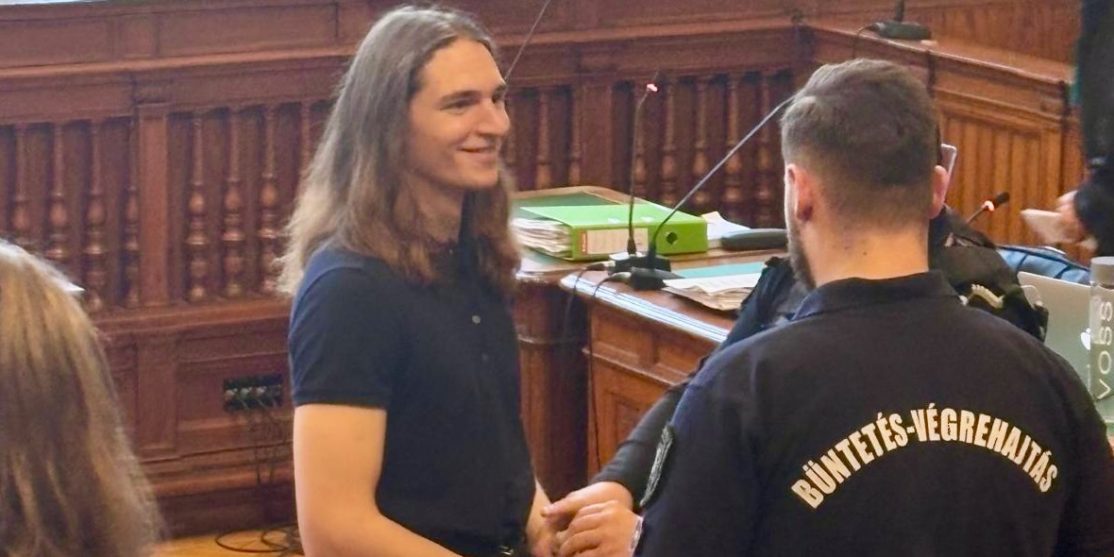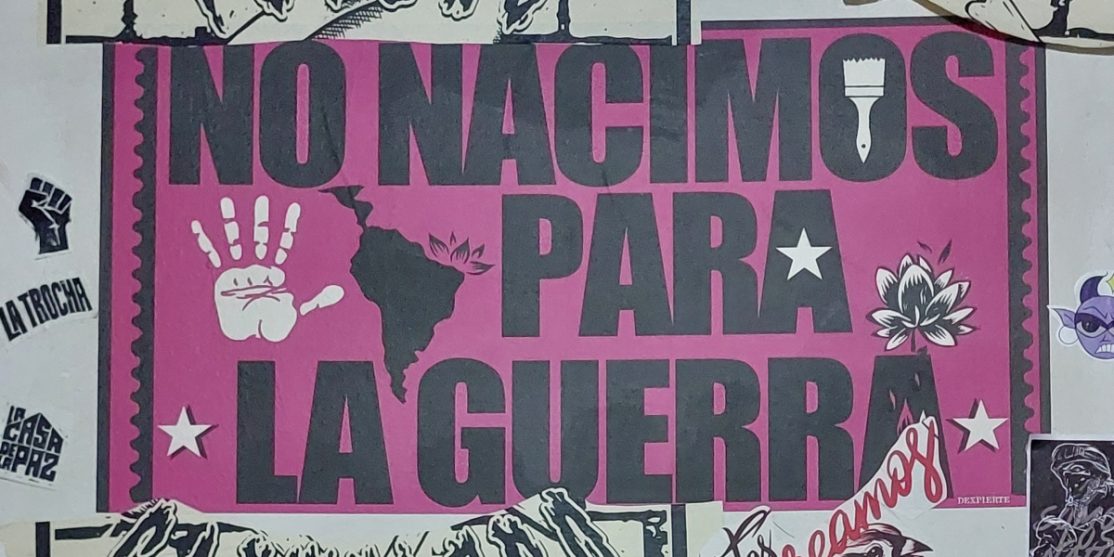PRECARIETÀ
Let’s get organised! Towards the European Social Strike

Final document of the Strike Meeting – Act II
Rome, February 13-14-15, 2015
The two main objectives of the Second Act of the Strike Meeting were the consolidation and articulation of the social coalition and the European extension of the social strike process. When the three intense days of debate ended, the general feeling was that the right path had definitely been taken. The meeting saw an even greater and more heterogeneous participation with respect to the first Strike Meeting [held in September 2014 in preparation of the Social Strike of 14 November 2014]. During the two plenary meetings and the several workshops, the positive tension towards a common platform of demands – which had been crucial for the September 2014 meeting – was further intensified and expanded.
The second day of the meeting, dedicated to workshops on common struggles and campaigns, saw many new connections being established and important proposals emerge:
• A precious dialogue was established between freelancers, generic self-employed professionals and self-employed professionals belonging to specific professional associations (i.e. lawyers, architects, etc.), to define a common analysis and mobilisation on the issues of taxation and social security. Fair taxation and social security are the key demands at the centre of the February 20 tweet-storm, the February 27 protest in front of the Lawyers Pension Fund and the March mobilisation against the increase in the compulsory pension contributions that self-employed workers have to pay entirely out of their own pockets.
• Unpaid work and youth unemployment emerged in many workshops as essential issues to be tackled at various social and geographical levels, through: 1) the mobilisations against the Youth Guarantee, with a common day of protest to be organised on March 28 in front of job centres and against the business of youth unemployment, in an effort to organize at regional level the over 400,000 subscribers to the Youth Guarantee program by creating ‘Youth Corners’ were young precarious / NEETs can be informed and get organised; 2) the mobilisations against EXPO 2015 [the Universal Exposition to be held in Milan between May 1 and October 31 2015] and the model it proposes, through a broad and radical campaign against the use of unpaid work during this mega-event; 3) the mobilisations against the dismantling of public research and the use of internships and curricular training, to be organised by students and university researchers so as to overturn the principles of university governance, centred on evaluation mechanisms, and fight against cuts to public funding and privatisation.
• A fruitful exchange on the government of mobility at European level, the exploitation of migrant labour and the ‘humanitarian’ business was initiated. A ‘European residence permit of at least two years’, regardless of income levels, ‘grade of integration’ and employment status was proposed as a central demand for a campaign to be built against the permanent blackmail that marks the lives of migrant workers – a blackmail which in recent years has been used to ignite wider processes of labour fragmentation and precarisation.
• The details of Renzi’s school reform will soon be made public, and students and teachers protests are likely to be re-launched following such announcement. In the meanwhile, precarious teachers developed a common campaign based on the recent European Court of Justice Ruling against Italy for the use of precarious labour in Italian schools. Such ruling can provide a common ground of mobilization against the ultimate institutionalisation of precarity within our public sector.
• An important convergence was established between the mobilisations against ‘Sblocca Italia’ [the government mega-development plan], environmental devastation and privatisations on the one hand, and the protests against Expo 2015 on April 30, May 1 and May 2 in Milan on the other. The Milan mobilisation will be an essential step to contrast the social and cultural impact of neoliberalism. Moreover, health and health care was another essential issue that emerged both in the framework of discussions on privatisations and in the proposal made by the Gender Strike Workshop to connect new experiences of mutualism, in particular those can help deconstructing the Italian family-centred welfare model.
• The workshop dedicated to cultural work, creative and performing arts emphasised the need to focus on how the combined impact of the Jobs Act [the Italian Labour Reform] and the government decree on the cultural sector is further worsening the diversified conditions of cultural workers, who were already suffering from a lack of labour protections. The campaign on cultural work will therefore be focused on cooperative and mutualistic organisation in the sphere of cultural production.
To reinforce the different campaigns that we will be building as a coalition and in cooperation with many others beyond us, and in order to give new momentum to the mobilisations against the Jobs Act and its implementation decrees [in the course of being issued by the government], we propose to organise a national day of convergence in April, to be defined more in detail in the weeks to come. A day of struggle centred on the demands which are transversal to our various campaigns: European minimum wage (15 euros per hour), European basic income and welfare, minimum residence permit for all.
The Meeting also decided to start testing a new organisational form: a permanent space of coordination and consultation for our coalition, where to connect and assess our campaigns, set common political priorities and define a shared agenda against exploitation and precarity. This space will take the form of itinerant meetings aimed at supporting the organising process in the time between our general Strike Meetings. This also as a way to strengthen, as much as possible, our experiments of social unionism and mutualism at local level and the common political organising and communication devices we are building as subjects who experience precarity on a daily basis in the most diversified ways.
The meeting ended, on its third day, with an assembly that saw the participation of collectives and activists from Greece, Germany, France, the United Kingdom, Portugal, Sweden, Ireland, Spain and France. It was not the first time that the idea of a transnational social strike was explored: both at the Blockupy Festival in Frankfurt and at the Precarity Forum in Lisbon the discussion started on the possibility to organise a continental strike capable of uniting the different social conditions which exist in Europe, on the basis of common demands and perspectives. However, for us it was the first time this discussion happened in the framework of the Strike Meeting: an important step to fully acknowledge the fact that, also at the organising level, Europe is the minimum horizon of our political action. The transnational assembly was also extremely important in terms of the issues discussed, the proposals made and the decisions taken. The current political phase is characterised by the productive uncertainty generated by the results of the Greek elections. An uncertainty that opens up the possibility – and marks the urgency – of further advancing a political initiative based on a common platform of demands. The assembly agreed of taking up together the challenge of building the perspective for a transnational strike, on the basis of such common demands. There are many different issues to be tackled and many different ways to do so. However, we wish to continue exploring this idea and deepening the debate around the four main demands/campaigns proposed by the Strike Meeting. Moreover, the assembly also highlighted the need to find further moments to coordinate and mobilise together so that this organising process can grow at the European level, in view of a Transnational Strike Meeting to be held by next summer. It was also proposed to organise a day of action on unemployment (next june).
In this spirit, we will participate to the mobilisation called by Blockupy in Frankurt on March 18, coordinating ourselves through a common communication framework. Moreover, we will also participate to the March 19 assembly on the transnational social strike proposed by the activists of Blockupy meets Amazon, that will see the participation of networks and workers from various European countries. In order to continue our exchanges on these points and strengthen the process, the international mailing list ‘Transnational Strike’, created following the Frankfurt workshop, will be further implemented.
We know that the challenge set by this second Strike Meeting is very ambitious. One thing is to organise, at our best, a one-off autumn mobilisation, another is to give continuity to the innovative experiment of the social strike. It is a matter of generously putting the best of ourselves into the game, in a context – the Italian one – which is all but simple. But we are not used to bow down – and we definitely won’t do that now.
Let’s unite for the European Social Strike! Rome, 13-14-15 February 2015
from scioperosociale.it




